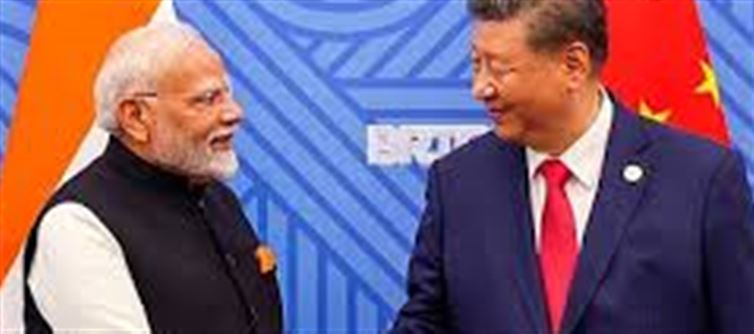
Prime minister Narendra Modi and Chinese President Xi Jinping held crucial talks in Tianjin, focusing on stabilising bilateral ties and strengthening economic cooperation against the backdrop of global trade uncertainties.
1. A High-Stakes Meeting After Seven Years
PM Modi’s visit marks his first to china in seven years, underscoring the importance of normalising India-China ties after prolonged border tensions.
2. Focus on Economic Stability
The leaders discussed measures to strengthen economic resilience, acknowledging the impact of global tariff wars and trade disruptions.
3. Normalising Relations Post-Ladakh Standoff
Talks explored ways to maintain peace along the border, reopen trade routes, and resume direct flights—key steps toward restoring normalcy.
4. Shared Vision for Global Stability
PM Modi emphasised that India-China cooperation could play a major role in promoting stability in the world economic order amid current volatility.
5. Building on Recent Diplomatic Engagements
The meeting follows Chinese Foreign minister Wang Yi’s recent visit to India, which resulted in a framework for a “stable, cooperative and forward-looking” relationship.
6. Border Protocols and Trade Revival
Key outcomes include joint maintenance of peace along contested areas, reopening of border trade, and early resumption of flight services.
7. Strategic Timing Amid Global Tensions
With trade conflicts affecting global markets, the Modi-Xi meeting signals a potential shift toward deeper regional cooperation.
8. Looking Forward
Both nations aim to move beyond past conflicts and establish a predictable, amicable partnership—one that fosters regional and global prosperity.
.jpg)




 click and follow Indiaherald WhatsApp channel
click and follow Indiaherald WhatsApp channel